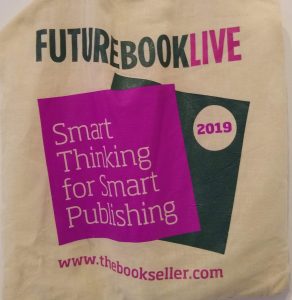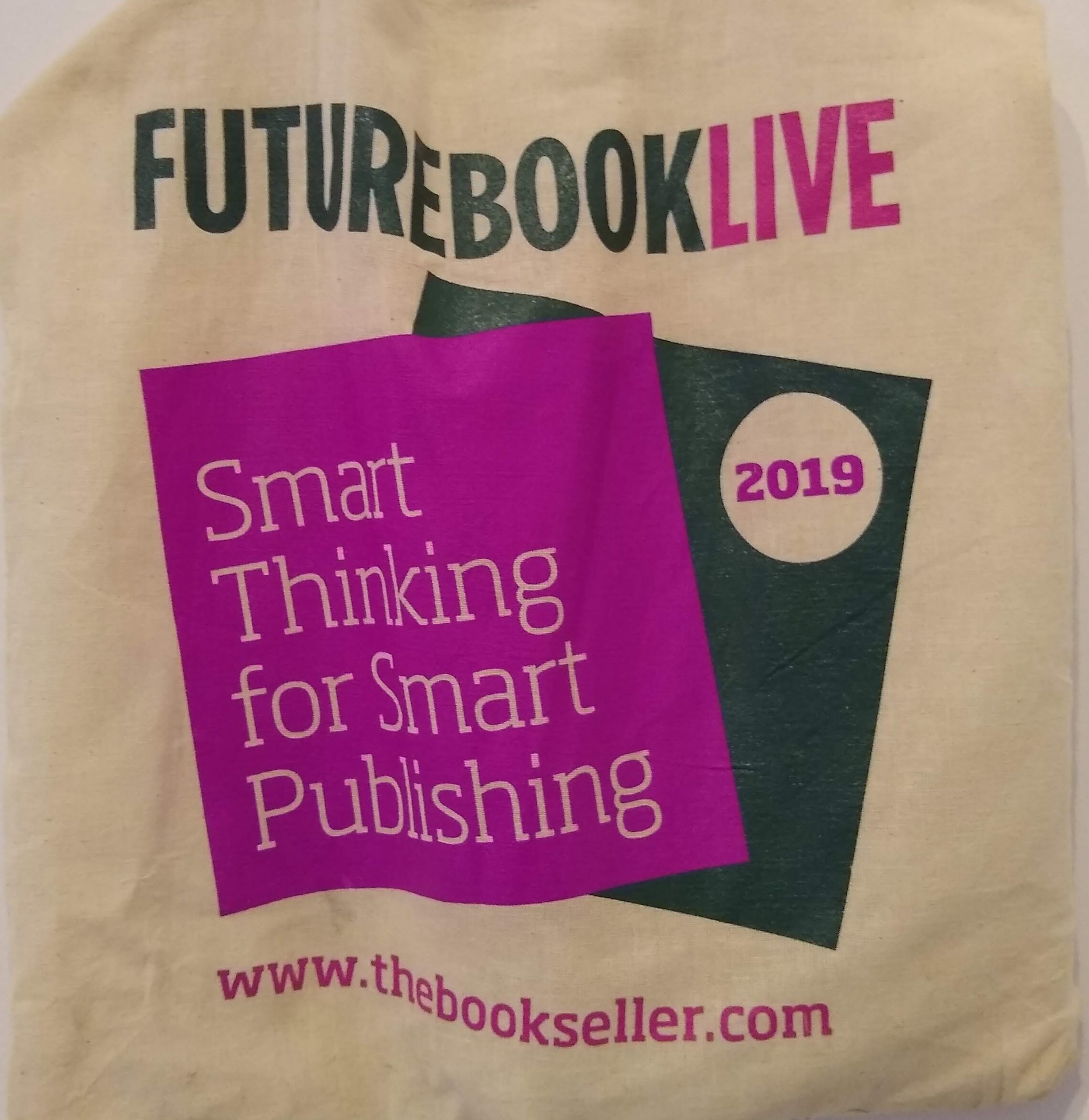On 25th November hundreds of the brightest minds on the UK publishing scene gathered in London for The Bookseller’s annual FutureBook Live conference. Now in its tenth year, this successful conference attracts speakers from the likes of Pearson, Hachette, Springer Nature, and the BBC. Managing Director of Newgen’s UK and US operations Jo Bottrill was there.
It was a privilege to join so many leading lights in the UK publishing industry for this special tenth anniversary outing of the FutureBook Live conference. This one-day meeting is an opportunity for publishing executives from across the trade to confront change in the industry and to plot a course for our further success.

The day opened with a keynote address from James Daunt, CEO of UK bookselling chain Waterstones and now Barnes and Noble in the US. Challenged with turning around the US business, Daunt prescribed a refreshingly simple cure for the US chain’s malaise. His three-point plan will see the stores project a distinctive personality; improved stock, customised for each store and engaged and knowledgeable staff. Like any turnaround, it will take two years.
Katie Espiner from Orion then reminded us that, while we talk a good talk, there are not enough examples of great innovation in our industry. Managing democratically, moving the industry away from London and continuing to push for equality across the sector will all help drive diversity and push development of new ideas.
The conference then moved on to some more focussed sessions, including a lively summary of the “Day of Code”, where Emma Barnes and Sara O’Connor from Consonance reminded us just how accessible and motivating coding can be. Consonance is a publishing management system that is used to manage everything from rights to production.
From here the day split out into separate streams, inviting delegates to dig a little deeper either into the world of audio production, the latest developments in academic and education publishing or a more general trade publishing track.
During a fascinating session on the new world of open access publishing, we were reminded that the industry is split in two. While open access is largely being driven by the funders, consumers and publishers of scientific research, many in the humanities and social sciences are left stranded by open access. Some will not survive. According to the panel 2021—22 will be the big year during which this hits home – 2020 is but a warm up. We were warned to watch out for learned societies – particularly those in the humanities. Is there some infrastructure, support or innovation the industry can offer to help these important scholarly institutions continue to publish their valuable research?
Sessions followed on innovation in scholarly publishing, audio and education. Kathryn Earle of Bloomsbury reminded us that publishers continue to “mine” their backlist for rich data and content that is yet to be repurposed. Tom Clarke from DeGruyter addressed the innovation gap, commenting that “the culture around the traditional can squash the innovative” – a reminder to us all that we can get stuck in our ways, and it sometimes takes a disrupter from outside to shake things up.
The education stream panel “Where next for textbooks?” pulled together top executives from Pearson, Cambridge University Press, the bookseller Blackwell’s and from data analytics firm Outsell. The panel introduced us to the power of AI for essay marking, the importance of faculty adoption for courseware and the reality that more than 90% of revenues in content for English Language Teaching (ELT) come from blended print and digital products. With an ever-growing range of options for delivery of content, what matters more than ever is efficacy. Does it work? Here publishers, educators and writers are increasingly turning to the science behind learning to hone our techniques for delivering content that truly sticks.
The day started to draw to a close with an inspiring discussion between Baroness Gail Rebuck, chair of Penguin Random House; Helena Gonda and Ella Horne, founders of The Flip (Female Leadership in Publishing) and Crystal Mahey-Morgan, founder of OWN IT! Entertainment. Rebuck called for more female leaders at the top of the UK publishing industry: “Unlike the US we have no women running large groups…I think that is a problem.” Somehow, we need to accelerate the opportunities for all of those stuck in mid-level and junior level careers – there is too little turnover at the top, which puts off so many people on their way up.
The Bookseller team should be proud to have delivered ten years of FutureBook Live conferences. 2019 was certainly an important and inspiring event. I’ve no doubt 2020 will be equally on point.
